The carrier bag charge
Unpacking the journey of England's plastic bag profits

In 2015, The Single Use Carrier Bags Charges (England) Order introduced a mandatory five pence charge for every new single-use plastic bag sold by large retailers, such as supermarkets. The fee was intended to reduce consumer demand for plastic carrier bags by encouraging shoppers to reuse old bags or reject single-use bags where possible.
Small businesses, those with fewer than 250 employees, were initially exempt from the charge. For large retailers, the expectation is that any net profits from the policy should be donated to support ‘good causes’, with a particular emphasis on environmental causes.
Today, retailers of all sizes are required to charge for single-use plastic bags and the average cost of a carrier bag across the leading UK supermarkets is 30 pence.
According to government data, between 2016 and 2023, retailers in England generated a gross profit of nearly £400 million from the sale of single-use plastic carrier bags. Once costs such as VAT and administration fees have been deducted, this amounts over £327 million in net proceeds.
However, according to the same data set, only £177.3 million was donated to good causes, roughly 54% of the net profit.
So where does the money go if it doesn’t go to good causes?

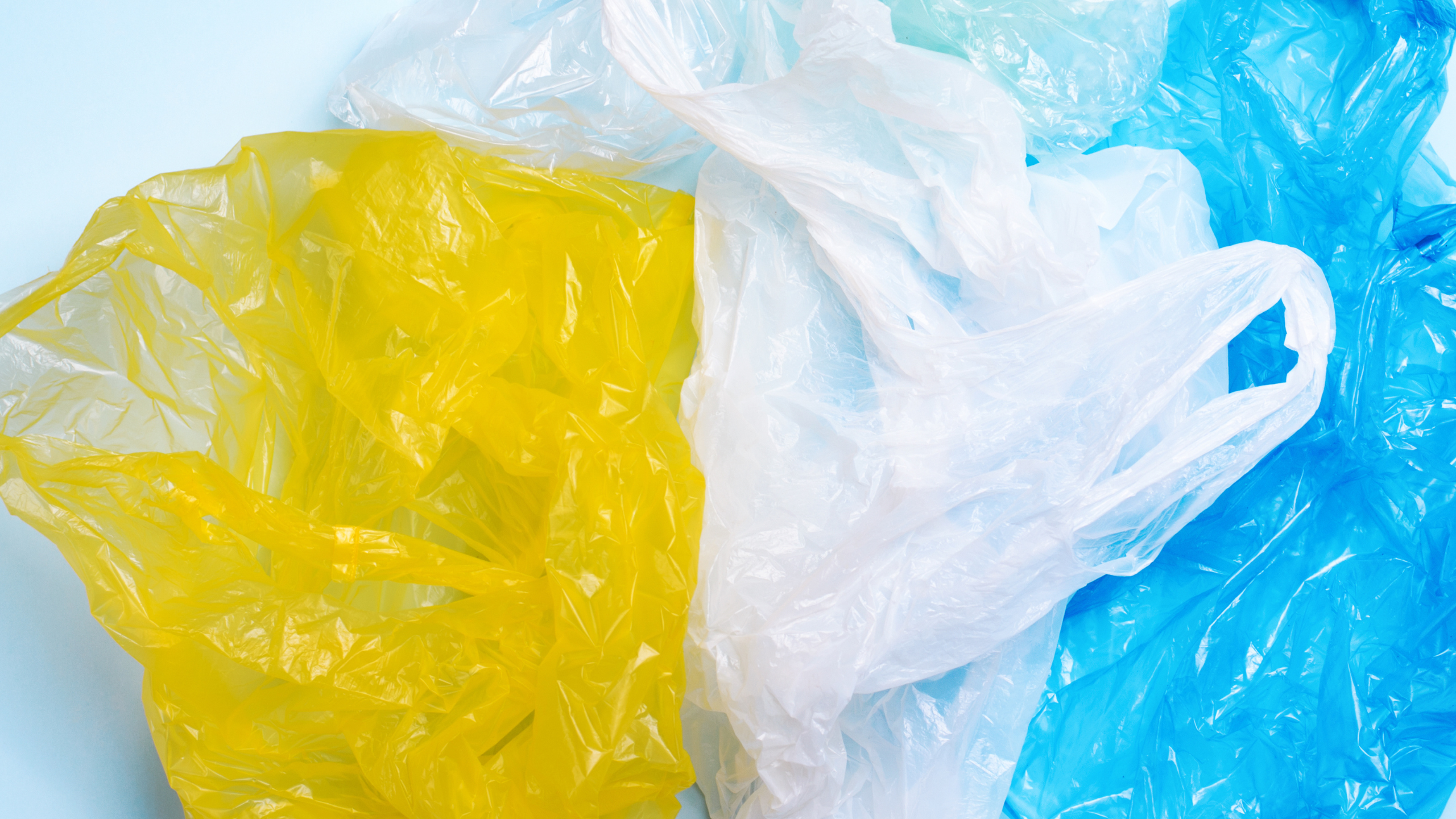
The mandatory fee for single-use plastic carrier bags in England
Prior to the introduction of a carrier bag charge in England, a similar fee had existed in Wales, Northern Ireland and Scotland since 2010, 2013 and 2014 respectively.
The Department for Environment, Food and Rural Affairs (DEFRA) collects data regarding the implementation of this policy from retailers in England annually.
Across this data, the 2020/21 records are often regarded under special circumstances due to the coronavirus pandemic.
This period resulted in a widespread increase of disposable single-use items, including plastic bags.
England's carrier bag fee
A timeline of key events
14th September 2013
Deputy PM Nick Clegg announces a mandatory five pence charge for single-use carrier bags would be introduced in autumn 2015.
He says: "Plastic carrier bags blight our towns and countryside. They take hundreds of years to degrade and can kill animals.
"This is not a new problem. We’ve waited too long for action. That’s why I am drawing a line under the issue now. The charge will be implemented sensibly - small businesses will be exempt.
"We will discuss with retailers how the money raised should be spent but I call on them to follow the lead of industry in Wales and donate the proceeds to charity."
5th October 2015
The Single Use Carrier Bags Charge (England) Order comes into force.
Large retailers are now required to charge customers a minimum of five pence for single-use plastic carrier bags.
2016/17 Financial Year
The first full year of publicly availably DEFRA data indicates retailers have generated over £83 million in net profit from the five pence carrier bag charge.
21st May 2020
As a result of the pandemic, the legal obligation for retailers to charge for single-use plastic carrier bags supplied with online grocery orders is temporarily removed.
The charge is reinstated from 21st September 2020.
21st May 2021
The order initiating the five pence charge is amended to increase the mandatory minimum fee to ten pence.
The requirement to charge for single-use plastic carrier bags is also extended to all retailers.
31st July 2023
DEFRA reports the number of single-use plastic bags issued by retailers had fallen further since the increase of the fee to ten pence.
Between the financial years of 2016/17 and 2022/23, the total number of single-use plastic bags sold fell from 2.12 billion to 406 million, a decrease of over 80%.
The data, published by DEFRA, suggests the average number of single-use carrier bags purchased per person in England each year has fallen from 38 to 7.
The ten retailers which generated the highest net profit from the sale of single-use plastic carrier bags between 2016 and 2023 were Ocado, Tesco, The Co-Operative, Morrisons, Asda, Aldi, Iceland, Marks and Spencer, Waitrose and Sainsbury’s.
Across these top ten retailers, the total net profit was more than £258 million.
However, the total sum donated by these ten retailers across the same period was around £144 million, meaning more than 44% of the net profits generated by these retailers were not donated as expected.
This leaves a black hole of over £114 million in funds that were expected as donations to good causes, as outlined under the policy guidelines.
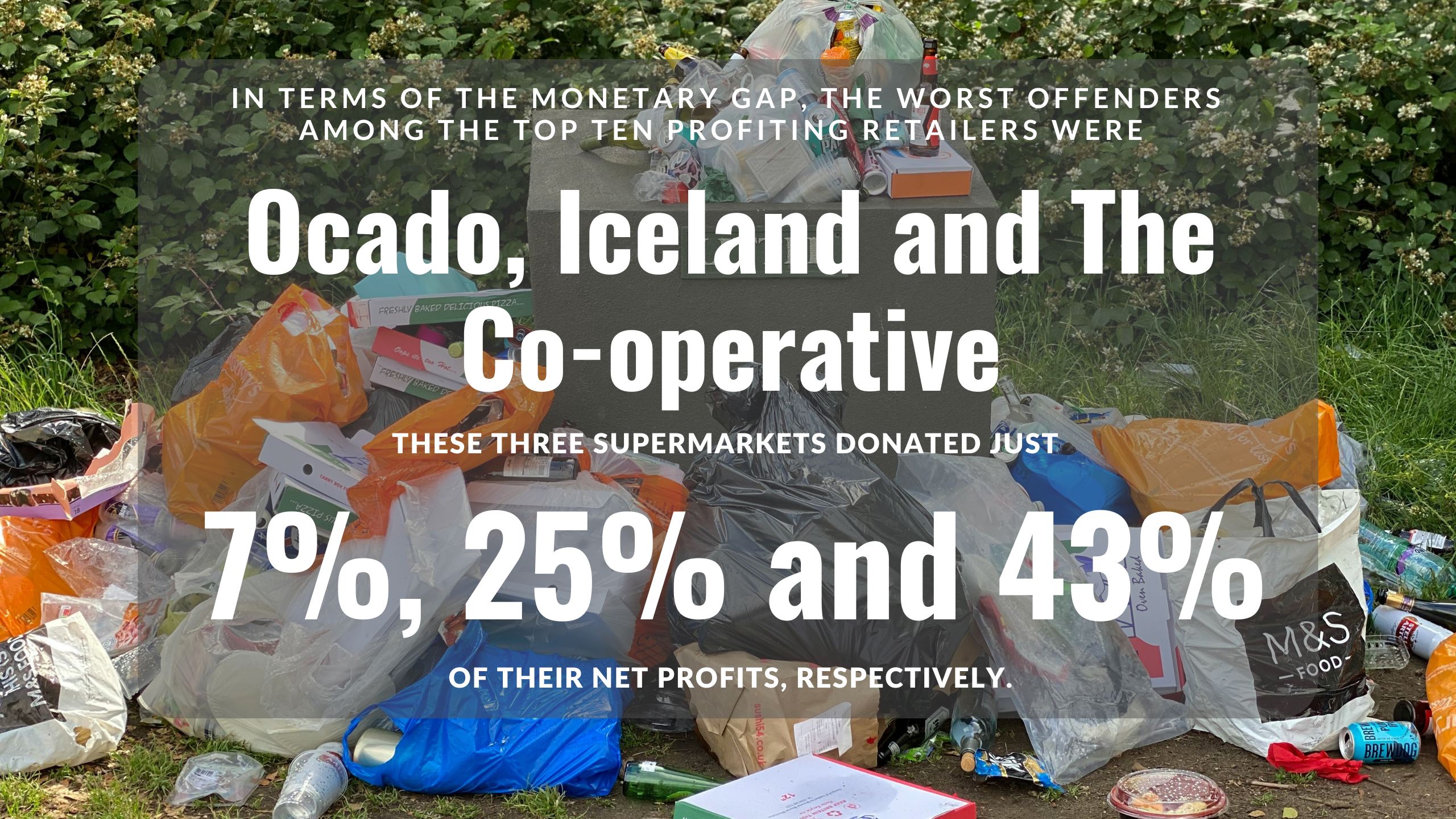
According to data supplied by retailers and published by DEFRA
According to data supplied by retailers and published by DEFRA
AMONG THE TOP TEN RETAILERS, OCADO DONATED THE LOWEST PROPORTION OF ITS NET PROFITS TO GOOD CAUSES, AT JUST
6.93%
With a net profit of over £60 million between 2016 and 2023, this leaves close to £57 million unaccounted for.
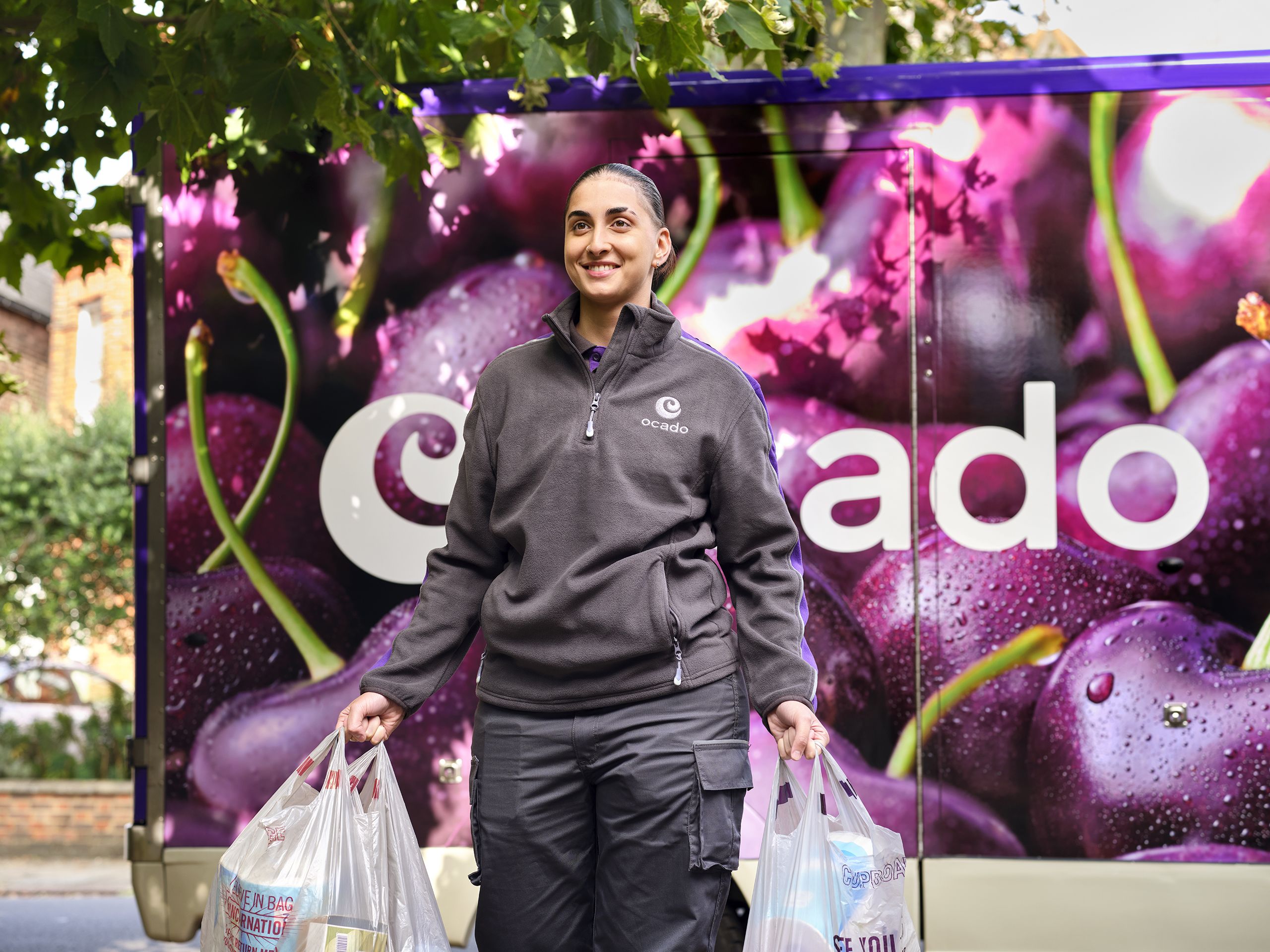

While, at a surface level, the government data appears to suggest some sketchy activity by Ocado, the retailer has offered an explanation for this apparent discrepancy.
Instead of directly donating all net profits, Ocado operates a 'bag buy back scheme'.
The initiative allows customers to return Ocado bags to their delivery driver in return for a ten pence reimbursement per bag.
Ocado suggests this creates a “closed-loop system” which allows the old carrier bags to be recycled into new bags.
All carrier bags given to the driver will be recycled, however the customer is only reimbursed for Ocado branded bags.
When pushed to account for any remaining net profit, Ocado said: “We don’t make any profit on our bag sales - it all goes straight back to the environment through great causes like WRAP and Trees for Cities.”
ICELAND DONATED JUST UNDER £3 MILLION TO GOOD CAUSES
1/4 OF THEIR NET PROFITS
Unlike Ocado, Iceland did not list any additional information within their data submission to explain where the remaining £9 million was directed to.
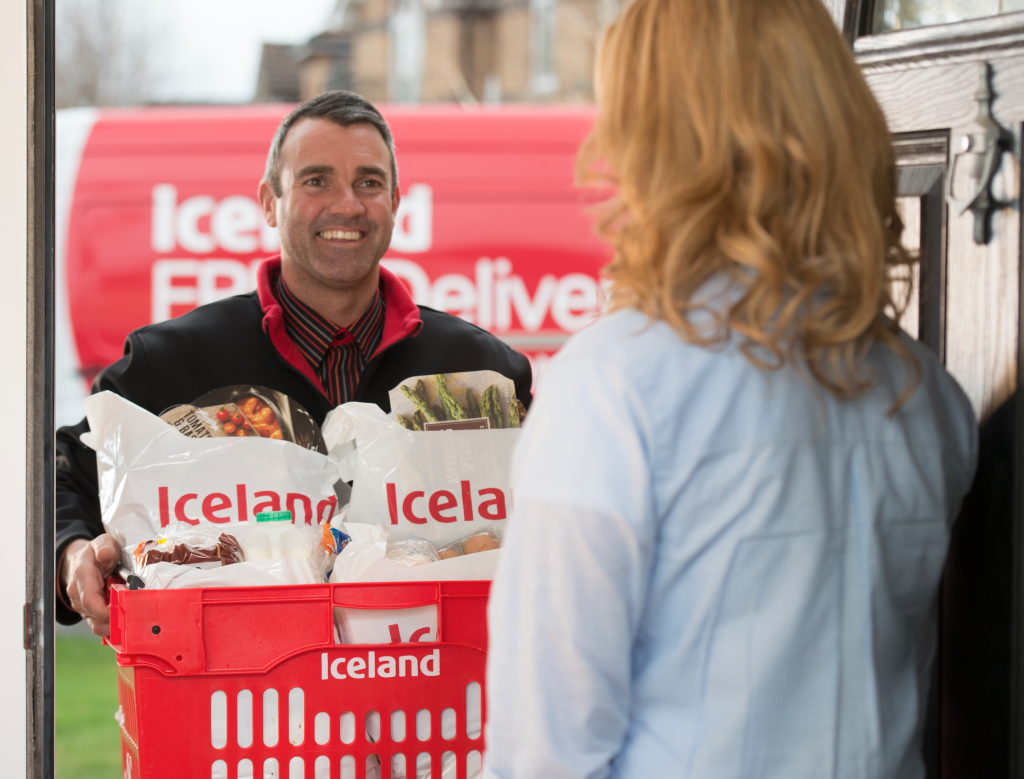
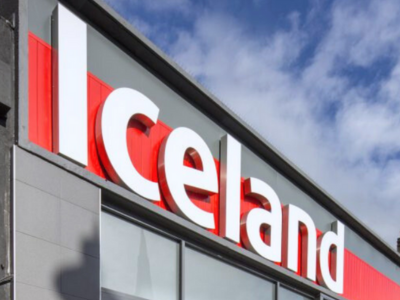
Iceland was contacted and given the opportunity to explain this £9 million shortfall. The supermarket issued the following response.
"Iceland no longer sells single-use carrier bags in its stores.
"However, the monies associated with its previous single-use carrier bag sales were all accounted for in line with carrier bag legislation requirements.
"Iceland continues to meet all of our statuary requirements under government legislation."
According to Iceland’s website, the retailer stopped selling single-use plastic carrier bags in October 2018.
The most recent record submitted to DEFRA by the supermarket indicated a net profit of just £58.75 was made from the sale of single-use carrier bags in 2021/22.
However, this still does not explain exactly how Iceland used the £9 million in profit they had previously generated.
THE CO-OPERATIVE GROUP DONATED
43%
OF THE NET PROFITS GENERATED FROM THE SALE OF SINGLE-USE PLASTIC CARRIER BAGS
While this did amount to more than £16 million in funding for good causes, over £21 million was unaccounted for.
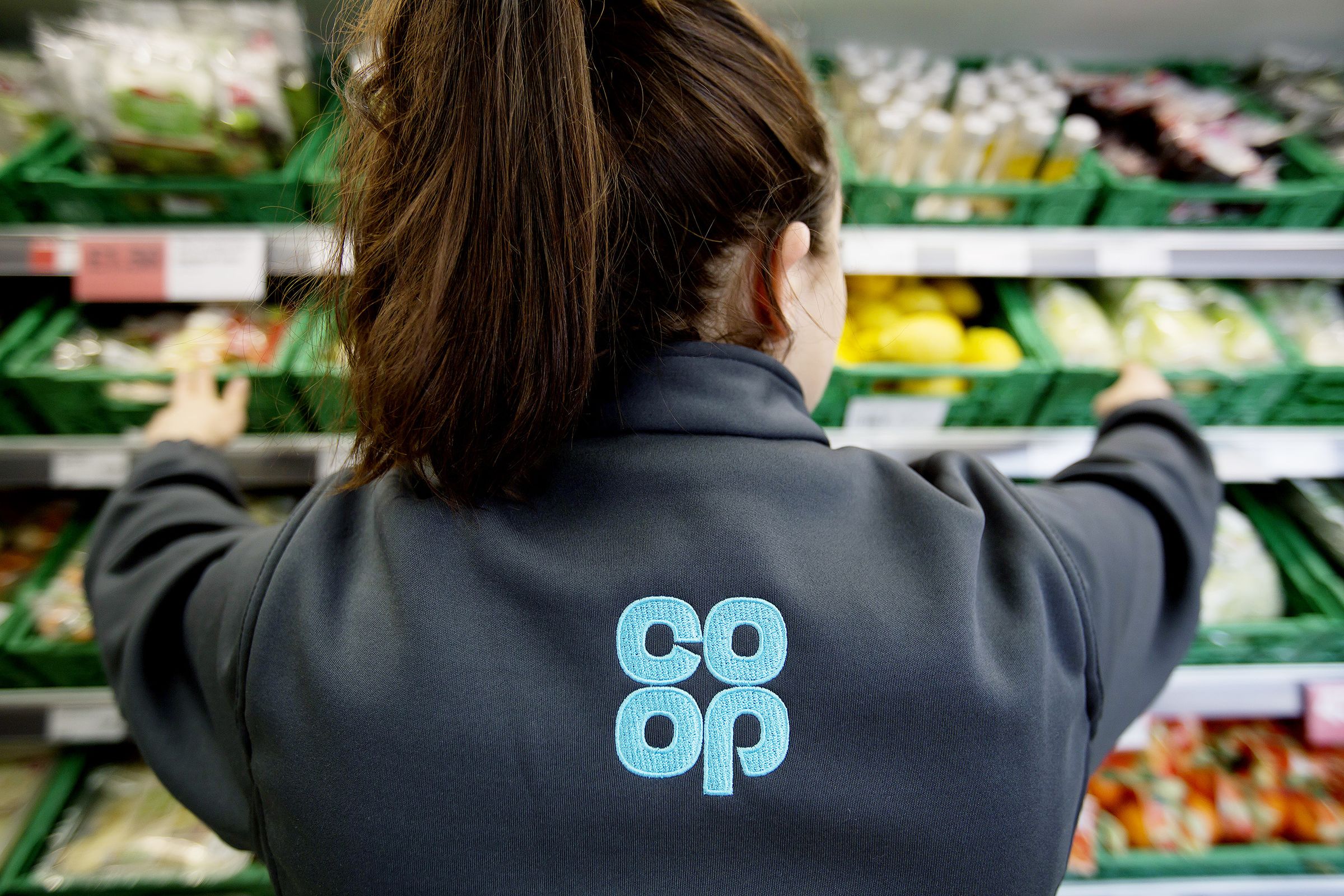
Unlike some other large retailers, The Co-operative voluntarily submitted additional details which did go some way to provide an explanation for this difference.
The supermarket reported net profits from the sale of compostable carrier bags, which are now issued across Co-operative stores, are retained.
The Co-operative explained the profits from compostable bags are donated in full, but this information is not submitted to DEFRA due to incompatibilities in the format of the department's data recording.
“At Co-op, we sell certified compostable carrier bags across our stores and are proud to donate 100% of profits from the sales of these carrier bags to good causes including supporting the work by the RSPB peatland restoration project and Carbon Innovation Fund, as well as funding vital community projects such as Hubbub’s Community Fridge network.”
- Co-operative spokesperson -
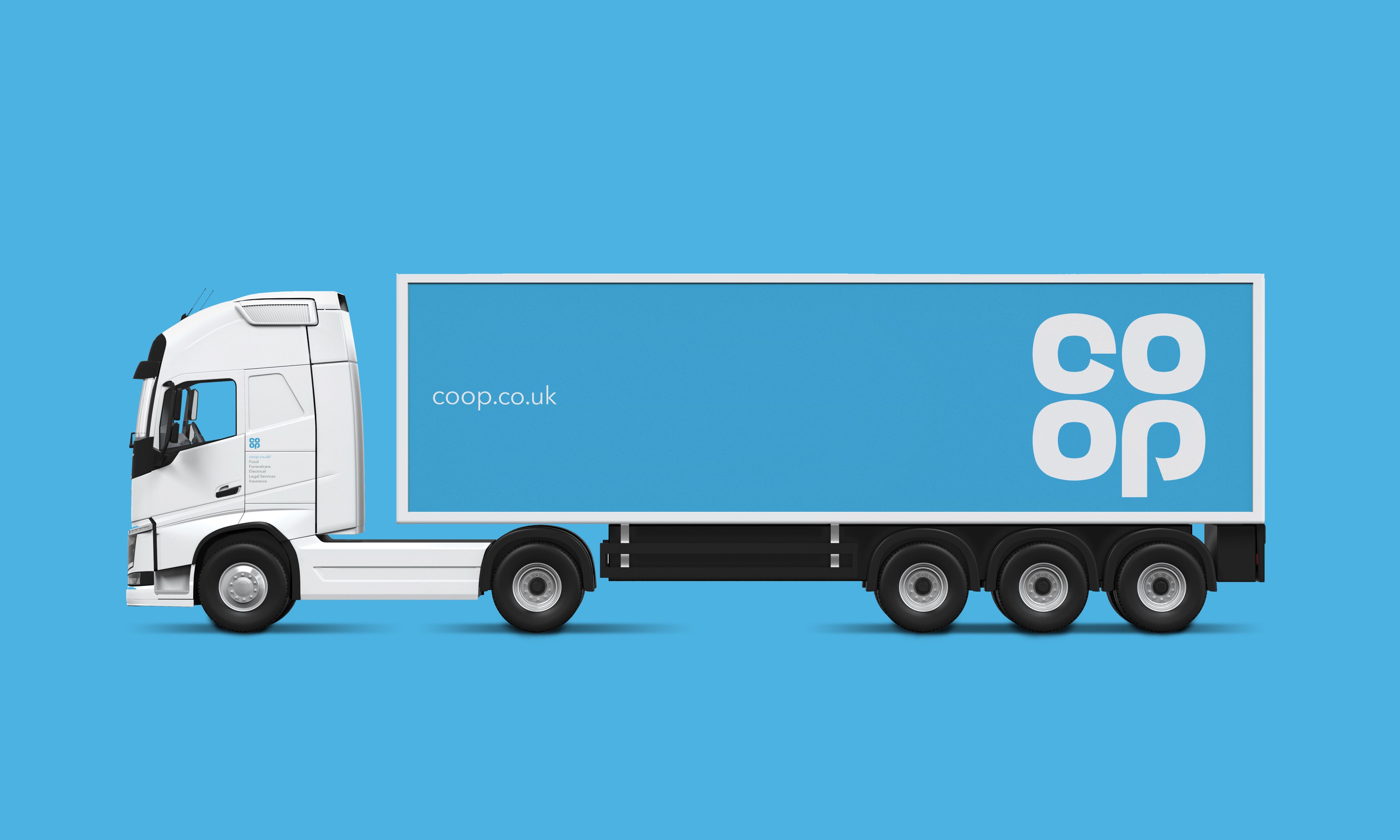
£206 million to good causes
Despite the unique approaches taken by individual retailers, DEFRA asserts more than £206 million from the proceeds has been voluntarily donated to good causes.
Under government guidance, retailers are directed to consider supporting environmental organisations with their net proceeds.
However it is ultimately down to the retailer to decide which good causes to support.
In the most recent annual data set, 39% of retailers voluntarily provided information on the good causes they donated to, covering £6.3 million.
Of this money, £4,600, just 0.07%, was donated exclusively to environmental causes.
£5.8 million was detailed as going towards "a combination of good causes, or to causes chosen by customers or staff".
This would suggest very few retailers have ring-fenced their carrier bag revenue to support purely environmental causes.
However, the true amount given to environmental organisations is difficult to quantify given that most retailers pay out to a "combination" of causes and don't specify the individual donations made.

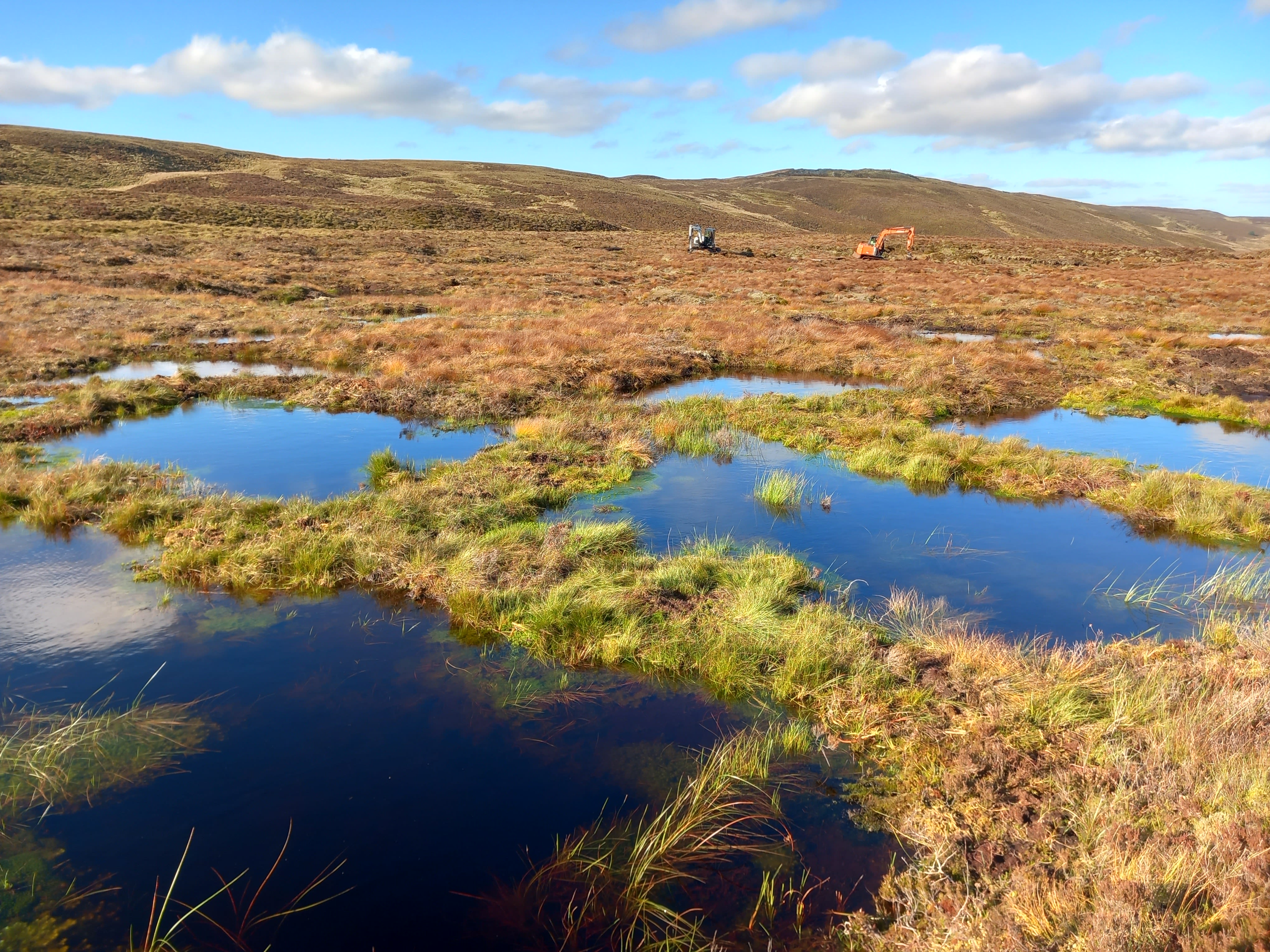
Cerniau peatland site
Cerniau peatland site
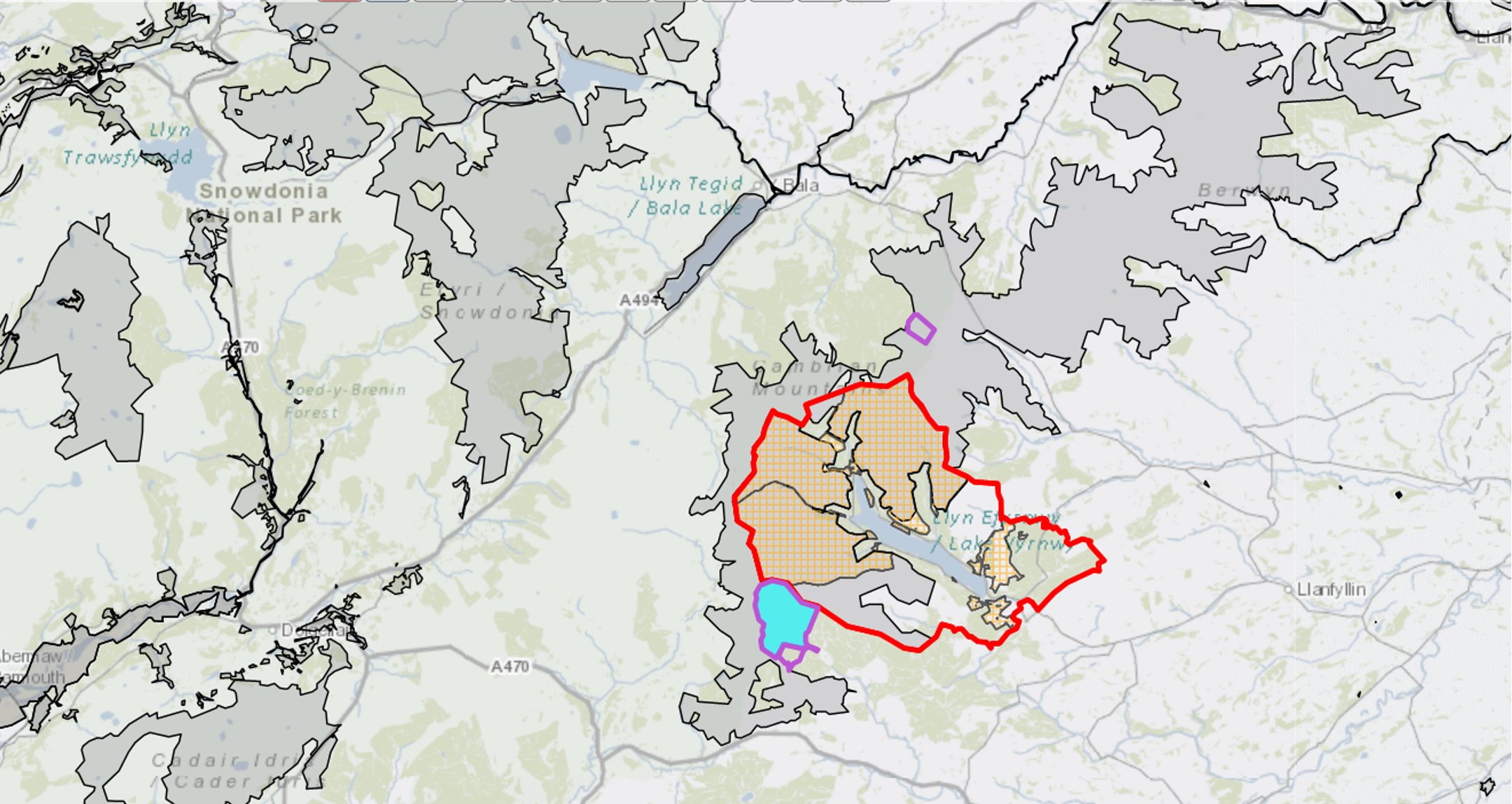
Lake Vyrnwy area outlined in red and Cerniau site in purple
Lake Vyrnwy area outlined in red and Cerniau site in purple
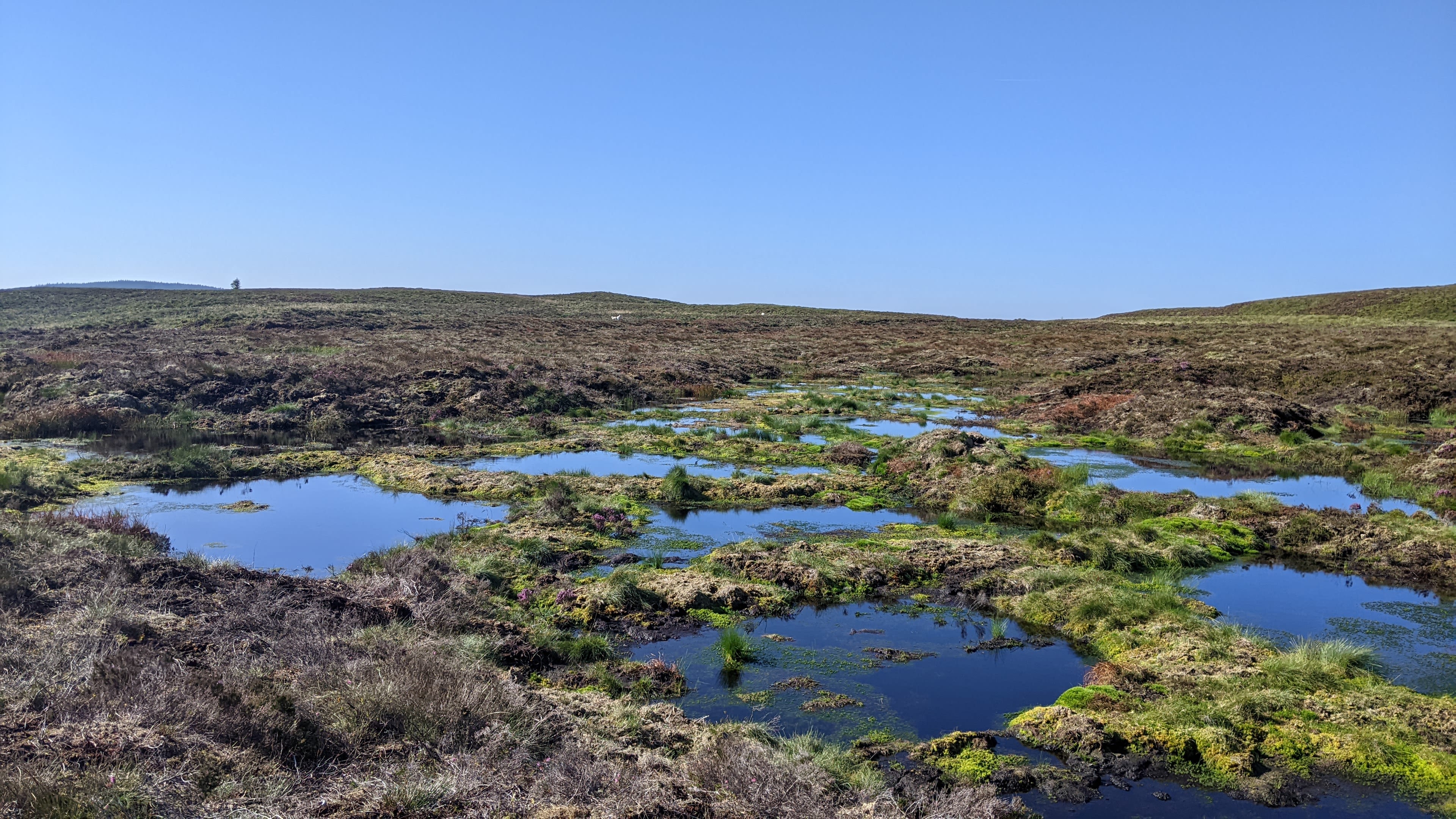
Cerniau peatland site
Cerniau peatland site

The Royal Society for the Protection of Birds is a conservation charity which has received donations from The Co-operative.
Money generated from the sale of the Co-op's compostable bags is currently funding a long-term peatland restoration project.
Lake Vyrnwy, a conservation area in Wales, is one of two sites currently benefitting from the partnership with The Co-operative.
The nearby 500 hectare Cerniau site has been identified as a focus for the peatland restoration initiative.
Senior Site Manager Jon Pike explained how the Co-op's donations are helping to restore peatlands, which act as a crucial carbon store as well as a habitat for wildlife.
Jon said: "The project is an important first step for us in creating strong partnerships with retailers.
"The Co-operative is generating this money from the compostable bags and using it entirely for good outcomes."

Ben Shieldaig Estate
Ben Shieldaig Estate
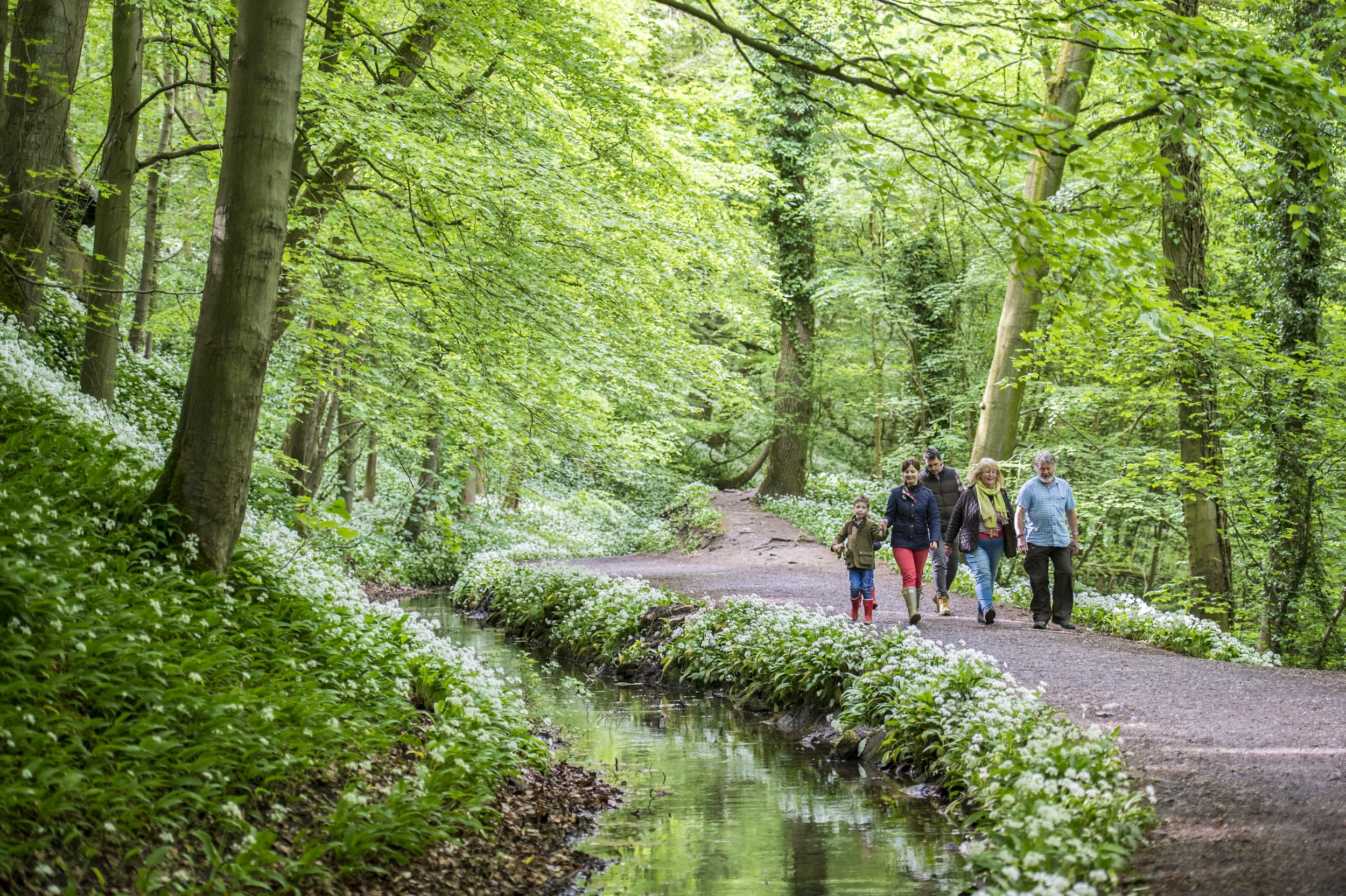
Skipton Castle Woods
Skipton Castle Woods
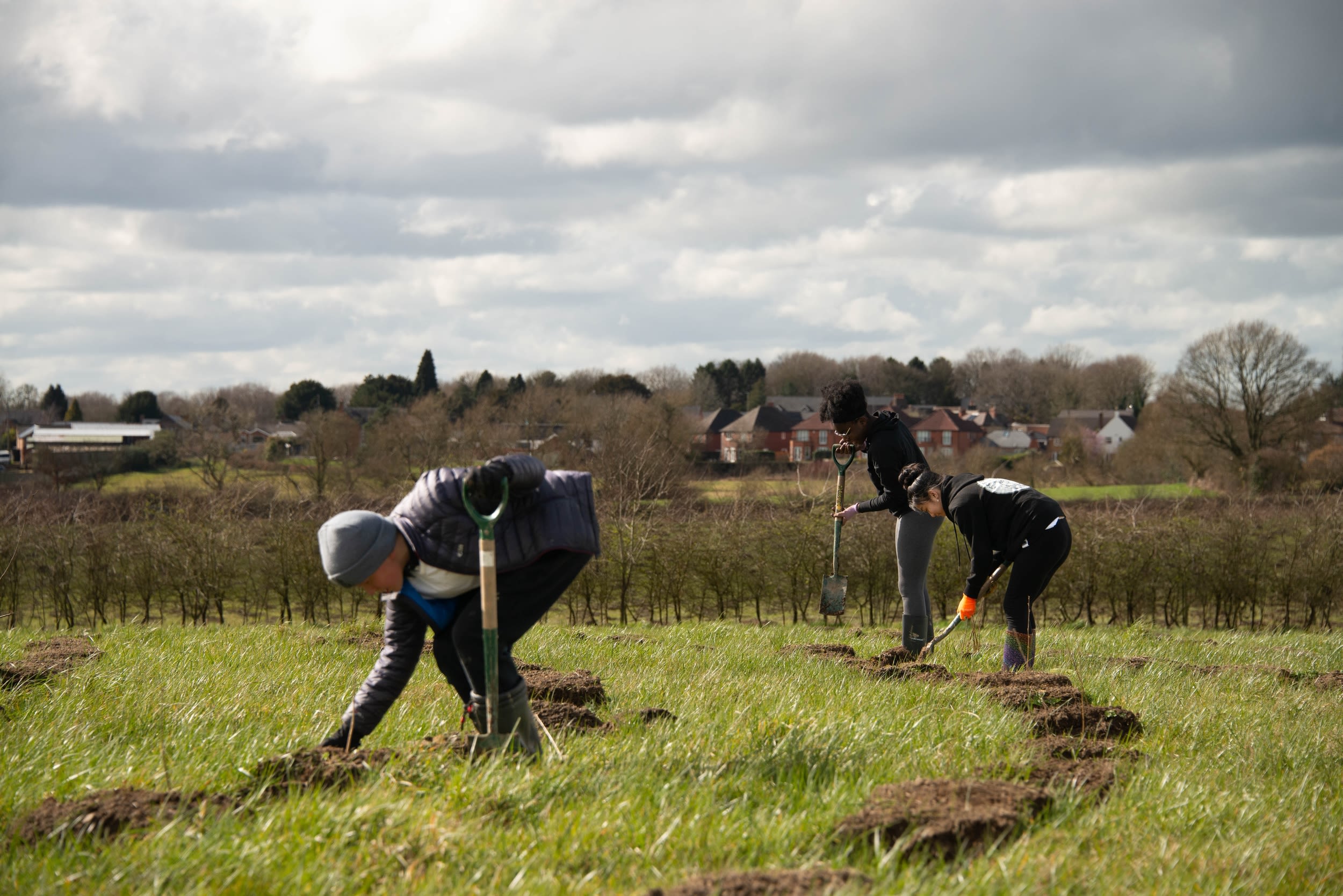
Young People's Forest in Mead being planted
Young People's Forest in Mead being planted
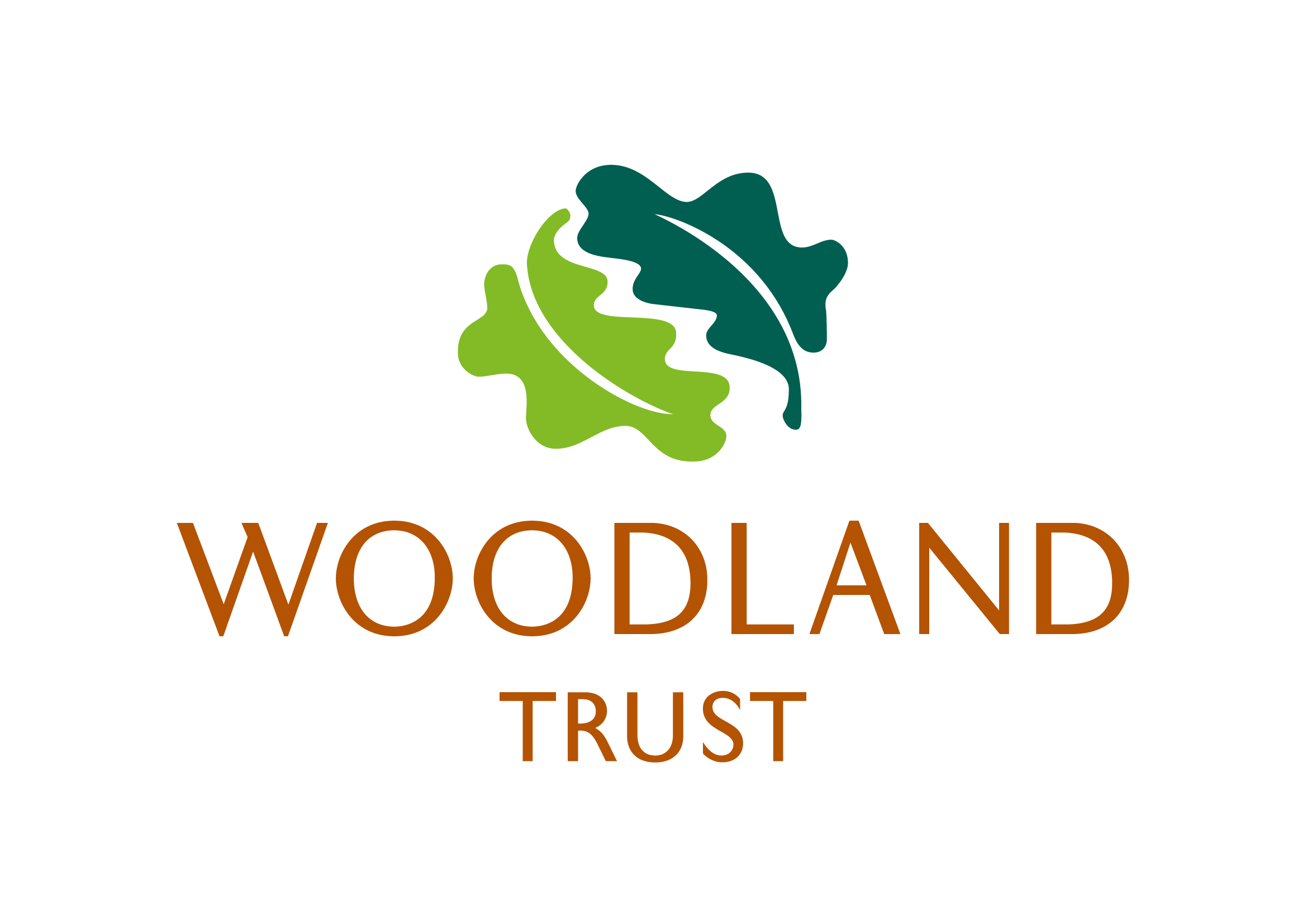
The Woodland Trust is another environmental cause which has received donations from a number of retailers and has an ongoing partnership with Sainsbury's.
The money helps to maintain the Woodland Trust estate, which ranges from rare temperate rainforests to newly created urban woodlands.
The Trust owns more than 1,200 woodland sites, covering around 33,000 hectares.
Head of Partnerships for the Woodland Trust, Sam Tarrant said:
"We think it’s fitting that environmental causes should benefit from the levy, which was introduced on environmental grounds to reduce plastic waste and discourage single-use plastic bags.
Ideally, of course, people will reuse bags rather than buy new ones. "
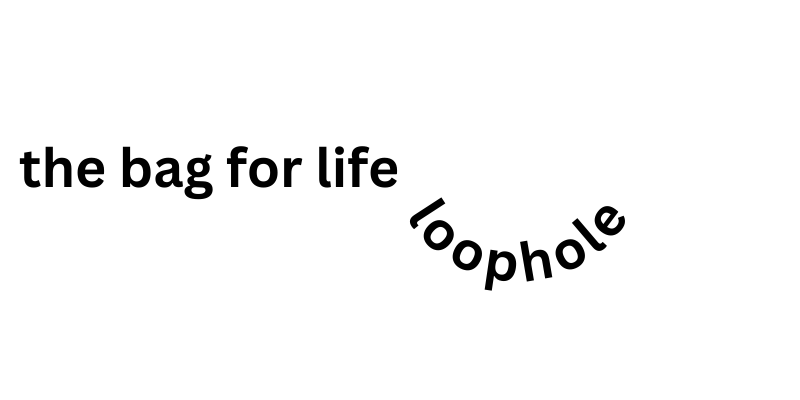
While there is an expectation that retailers donate proceeds from the sale of single-use plastic carrier bags, they are not required to donate the proceeds generated from all carrier bag sales.
Government guidance outlines clearly which kind of bags retailers are required by law to charge for.
Retailers must charge minimum of ten pence for bags that are all of the following:
- Unused - it's new and has not already been used for sold goods to be taken away or delivered
- Plastic and 70 microns thick or less
- It has handles, an opening and it not sealed
Following the introduction of the charge, many major retailers discontinued their single-use carrier bags and introduced thicker plastic bags described as 'bags for life'.
As bags for life are considered to be a separate category to single-use plastic bags, retailers are not held to the same expectation regarding the donation of any profits generated.
A research report produced by Greenpeace found ten retailers, representing over 95% of the grocery retail market, sold 525 million single-use carrier bags in 2019.
The same group sold 1.58 billion bags for life during the same period.
It is also estimated that these 'bags for life' typically take three times as much plastic to make as a single-use carrier bag.
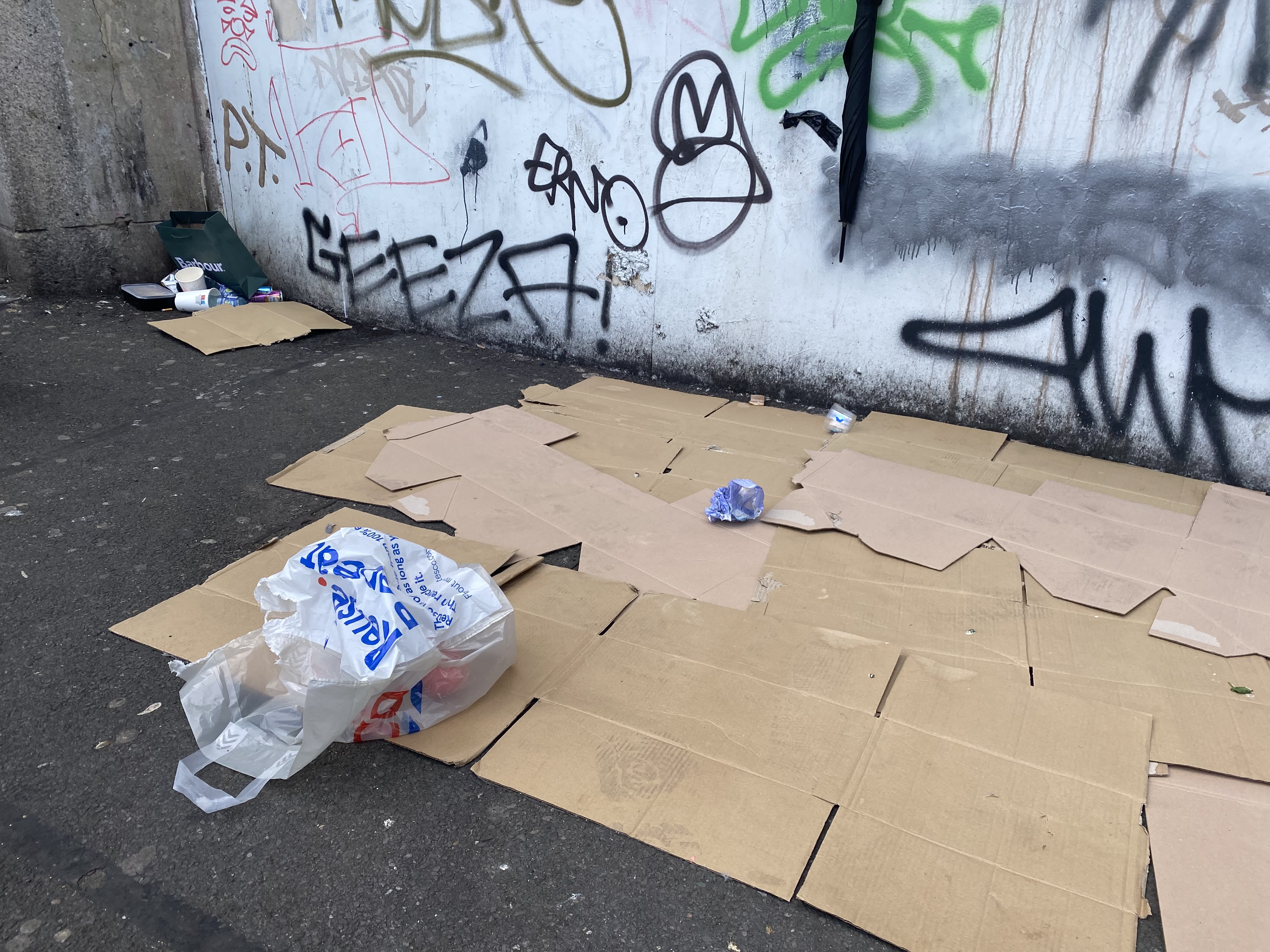
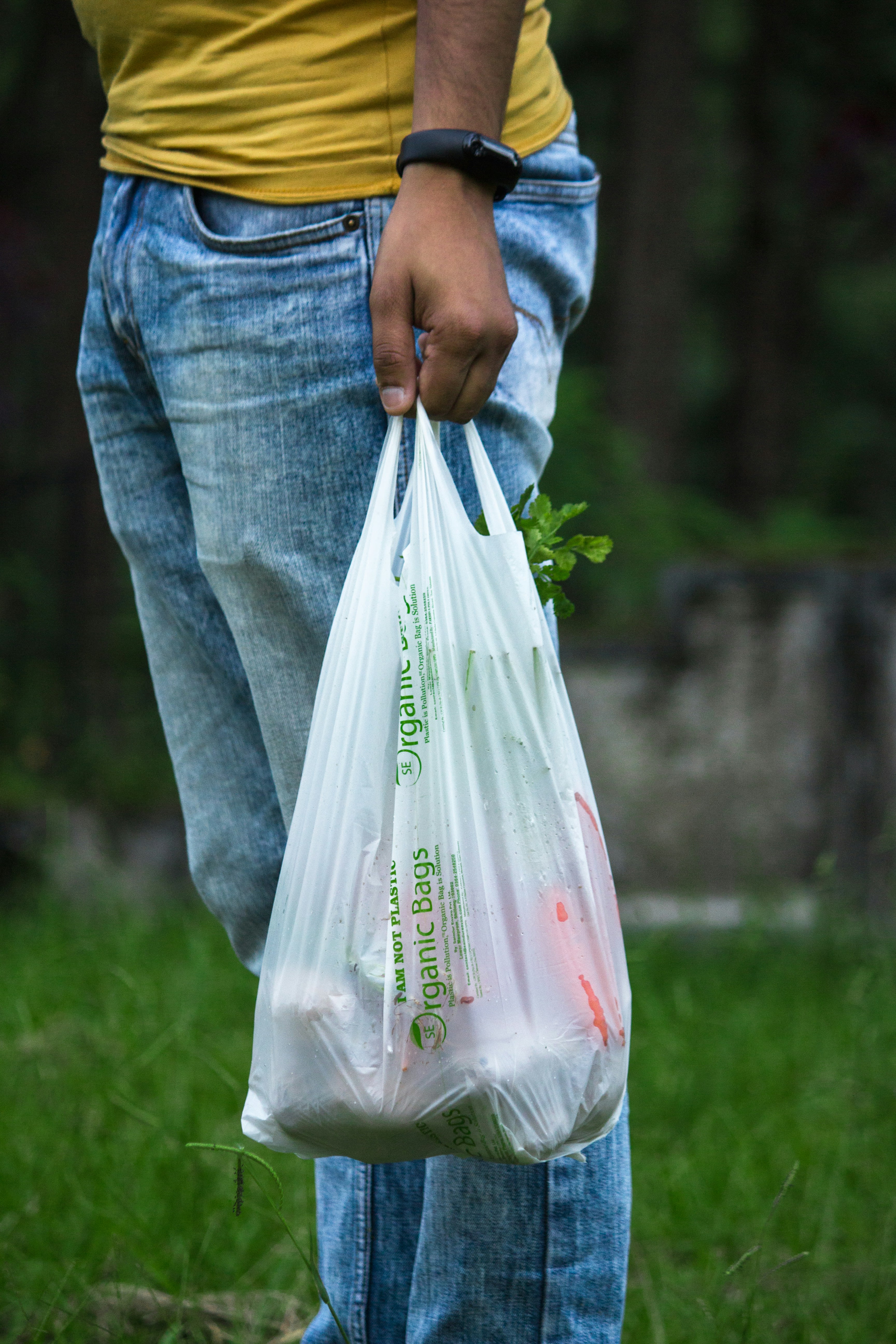
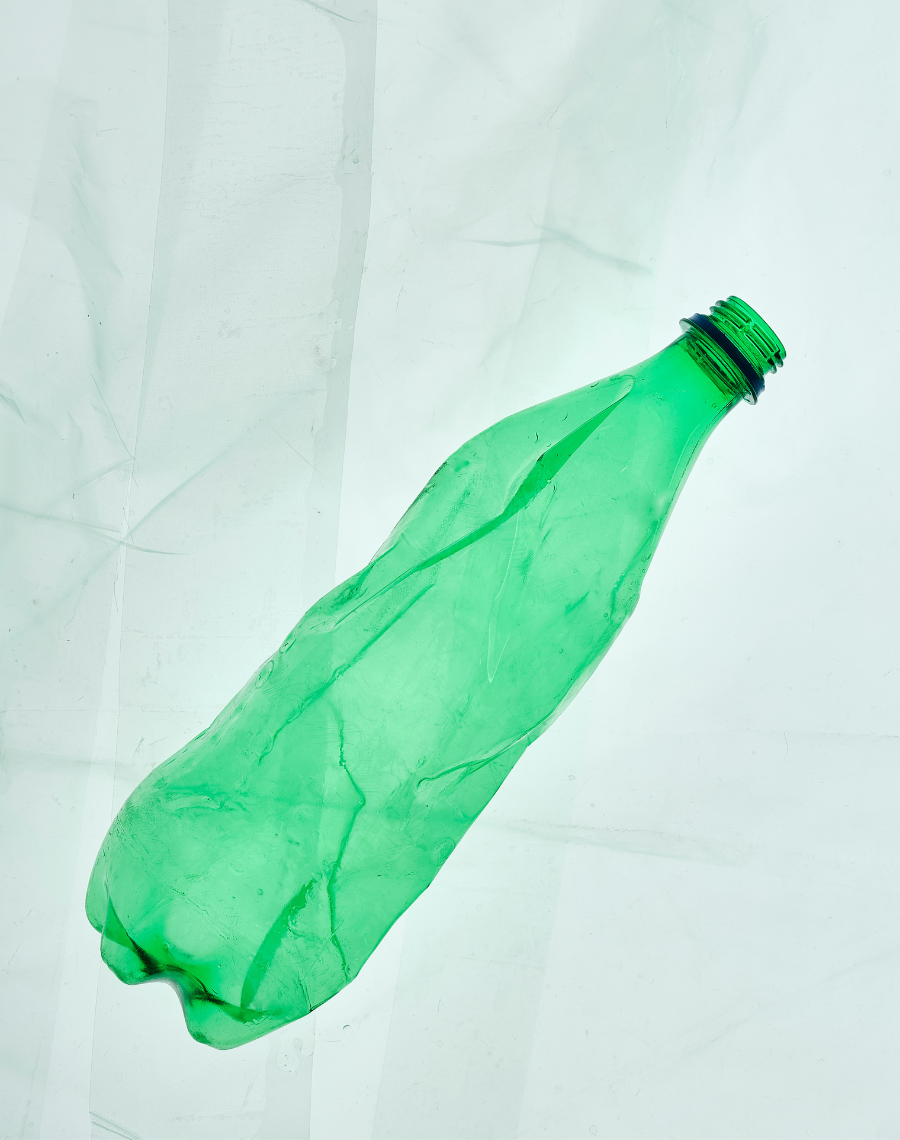
Although a significant number of plastic bags for life are still sold, the number of plastic bags purchased overall has still fallen significantly since the introduction of the charge.
In the most recent study available, Greenpeace reports the average UK household purchased 57 bags for life annually.
This equates to roughly 24 bags per person.
Combined with the average number of single-use carrier bags bought per person, seven, this equates to 31 purchased bags each year.
In 2014, prior to the introduced of any carrier bag fee, DEFRA reports the average person was given 140 carrier bags by major supermarkets per year.
As purchases of plastic bags decline, environmental campaigners are already eyeing their next target to boost recycling and reduce waste.
Keep Britain Tidy, one of the environmental groups involved in the campaign to introduce the carrier bag fee, is lobbying for the introduction of a deposit return scheme on drink packaging.
Director of Communications, Helen Bingham, explained how the initiative works for encourage customers to recycle plastic bottles and aluminium cans.
She added: "The reason that we campaigned for the bag charge was nothing to do with money and everything to do with getting billions of bags out of circulation and out of the environment.
"It's been incredibly successful at that."
Additional picture credits:
Blue Plastic Bag: Aalok Soni via Canva.com
Bags falling on grey background - Pexels: cottonbro studio
Plastic Bags on Blue Background, Recycle and Plastic Pollution Concept: Iulia Cozlenco via Canva.com
Image of Nick Clegg - Flickr: Number Ten
Five pence - Flickr: Karen Roe
Plastic Bag Floating in the Air: Agung Parameswara via Canva.com
Bin surrounded by litter - Unsplash: John Cameron
Ten pence - Flickr: Karen Roe
Holding carrier bag - Unsplash: Mathias Reding
Bin surrounded by carrier bags - Unsplash: John Cameron
Ocado logo and related images - Ocado media library
Iceland van and store images - Iceland media library
The Co-operative store images - Flickr: The Co-operative
Forest Covered in White Fog: Johannes Plenio via Canva.com
RSPB logo - RSPB
Map of peatland site - RSPB
Peatland site images - RSPB: Ben Willcox/Alex Falkingham
Woodland Trust logo - The Woodland Trust
Ben Shielding Estate - The Woodland Trust: Philip Formby
Skipton Castle Woods - The Woodland Trust: Jill Jennings
Young People's Forest - The Woodland Trust: Philip Formby
Person holding carrier bag - Unsplash: Saindur Enviro
Green Plastic Bottle: Aalok Soni via Canva.com
